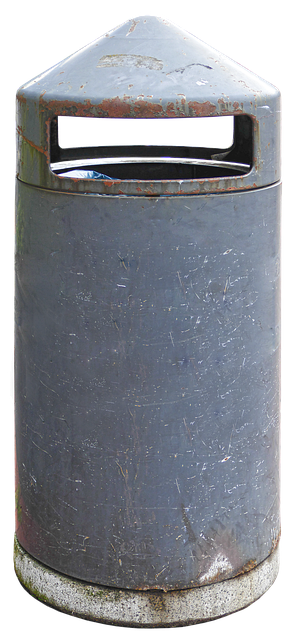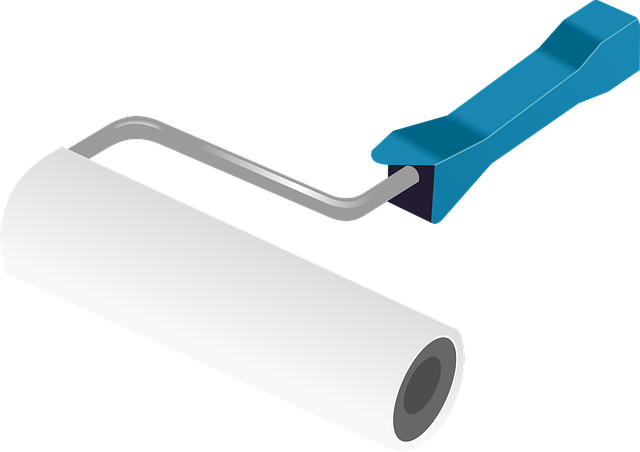In the digital age, rapid e-waste growth poses significant environmental challenges, especially in urban areas like Boston and New York City. Boston NY e-waste recycling services offer specialized solutions for proper tech disposal, upcycling components, reducing environmental impact, and extracting valuable materials. These services, through collection events, disassembly, and innovative technologies, promote data security, proper hazardous substance disposal, and a circular economy. They also provide sustainable IT asset disposition (ITAD) solutions for businesses, fostering local economies and reducing carbon footprints while diverting materials from landfills.
In an era where technology advances swiftly, Boston NY e-waste recycling has become a critical initiative. Computer parts upcycling services emerge as a game-changer in managing the vast amount of electronic waste generated annually. This article delves into the world of computer part upcycling, exploring its process, benefits, and environmental impact. Understanding these services is key to fostering a sustainable future, where tech waste is not just recycled but repurposed for new life.
- Understanding Boston NY E-Waste Recycling: The Need for Upcycling Services
- How Computer Parts Upcycling Services Work: Process and Benefits
- The Impact of Computer Upcycling: Environmental and Economic Advantages
Understanding Boston NY E-Waste Recycling: The Need for Upcycling Services

In today’s digital age, the rapid evolution of technology has led to an increasing amount of electronic waste, commonly known as e-waste. Boston NY e-waste recycling services have become essential in addressing this growing concern. With a significant portion of our daily lives reliant on various computer parts and devices, proper disposal methods are crucial for both environmental and health reasons. Many traditional recycling approaches often fall short when it comes to upcycling complex tech components, leading to the need for specialized services.
Manhattan NYC, Boston, and other urban centers generate vast amounts of cyber trash, including outdated computers, smartphones, and peripherals. Professional boston cyber trash collection and sustainable tech disposal services step in to tackle this challenge by implementing innovative methods to recycle electronics. These upcycling initiatives not only reduce the environmental impact but also extract valuable materials that can be reused, promoting a more circular economy. By utilizing cutting-edge technologies, these services ensure that old computer parts are given new life, contributing to a greener and more sustainable future for all.
How Computer Parts Upcycling Services Work: Process and Benefits

Computer Parts Upcycling Services offer a sustainable and environmentally friendly solution to manage electronic waste, commonly known as e-waste. These services work by collecting used or obsolete computer components from businesses and individuals in Boston and New York City (NYC), two tech hubs with significant e-waste generation. The process typically begins with collection events or drop-off locations, where old computers, servers, monitors, keyboards, and other peripherals are gathered.
Once collected, the e-waste is transported to specialized facilities for disassembly and recycling. Skilled technicians carefully dismantle the equipment, separating valuable materials like metals, plastics, and glass. The extracted resources can then be reused or recycled, reducing the demand for new raw materials and minimizing environmental impact. Benefits of upcycling computer parts include data security through secure erasure of sensitive information, proper disposal of hazardous substances, and contribution to a more circular economy, as mentioned in the context of boston tech company waste management and manhattan data center e-waste reduction. Additionally, these services provide businesses with an efficient IT asset disposition (ITAD) solution, ensuring compliance with environmental regulations while potentially generating revenue from the resale or recycling of retired equipment.
The Impact of Computer Upcycling: Environmental and Economic Advantages

Computer upcycling services offer a compelling solution to the growing issue of e-waste, especially in urban centers like Boston and New York City. By repurposing and refurbishing old computer parts, these services not only contribute to a more sustainable environment but also stimulate local economies. In Boston, local e-recycling businesses play a pivotal role in managing the city’s electronic waste, diverting valuable materials from landfills and reducing the carbon footprint associated with new production. Similarly, NYC has made significant strides in e-waste recycling, with statistics showing an increasing percentage of electronic waste being responsibly disposed of through such initiatives.
Beyond environmental benefits, computer upcycling provides economic advantages by creating job opportunities and fostering innovation. Repurposing parts can lead to the development of new technologies or products, driving local entrepreneurship. This sustainable approach to electronics disposal encourages a circular economy, where resources are conserved, and communities benefit from reduced waste and enhanced environmental stewardship.
Computer parts upcycling services, like those offered in Boston and New York, play a crucial role in addressing the growing issue of e-waste. By implementing these innovative practices, we can significantly reduce environmental impact and unlock economic opportunities. Upcycling not only diverts valuable components from landfills but also conserves resources and creates new avenues for sustainable business models. In light of the above, it’s essential to recognize and support these services as a game-changer in both Boston and New York’s e-waste management landscape.














